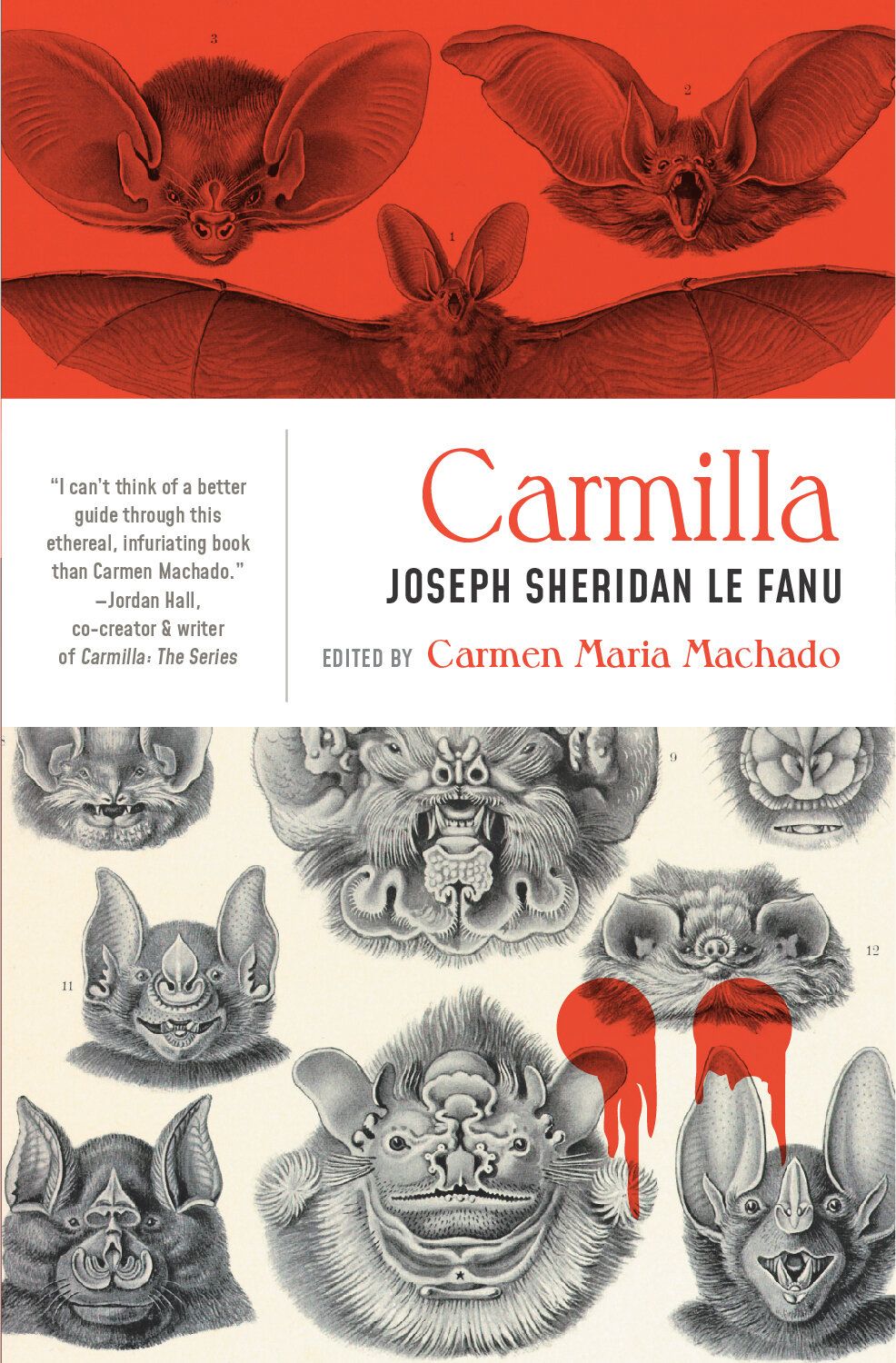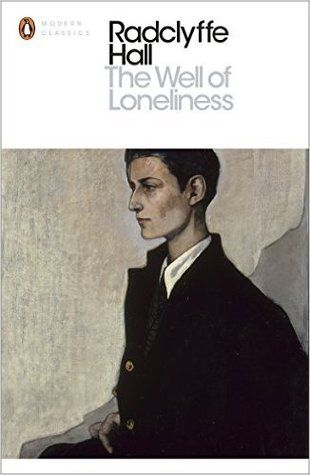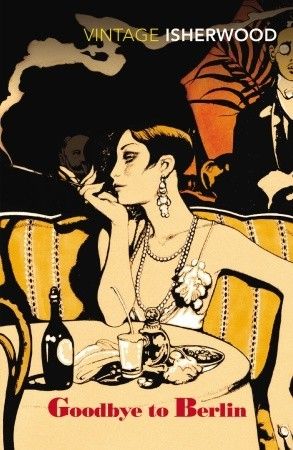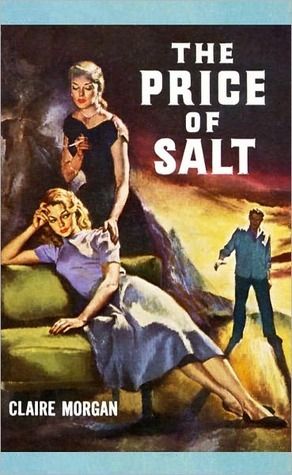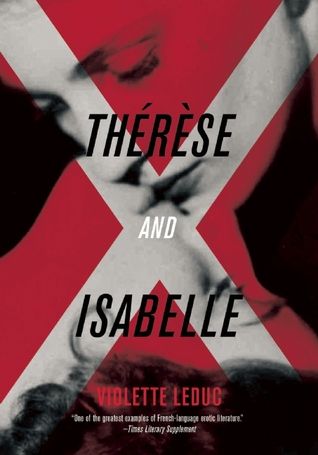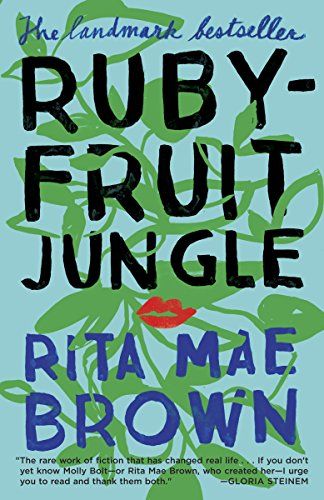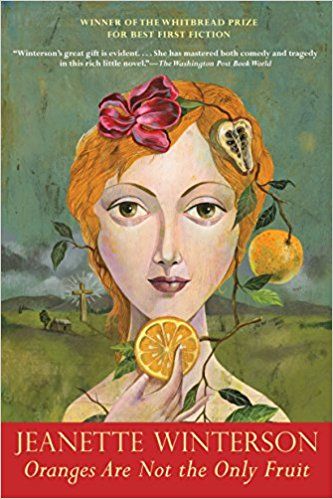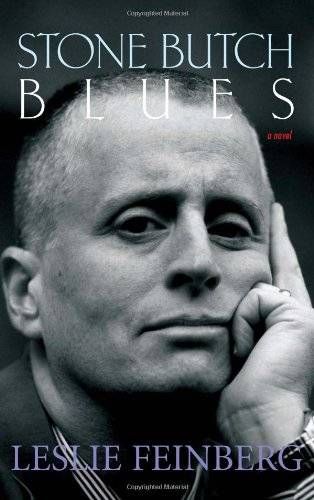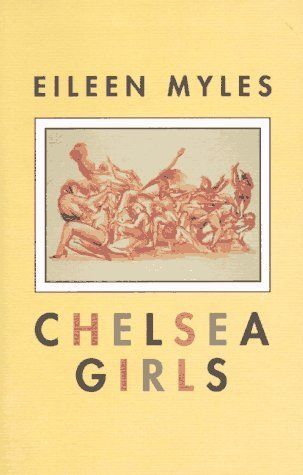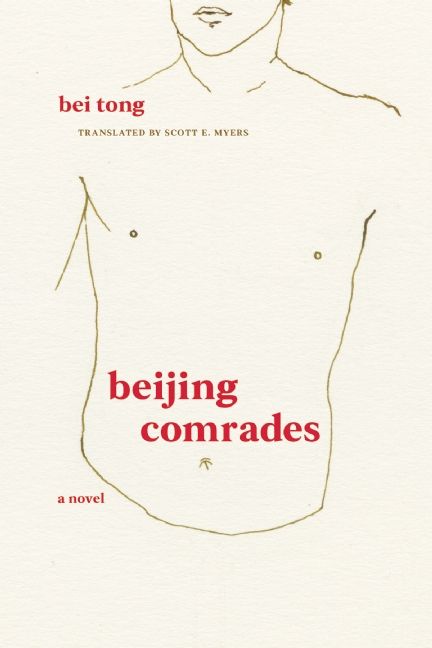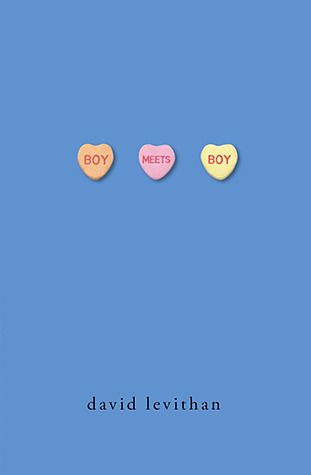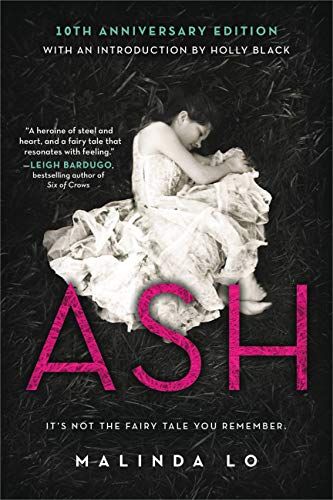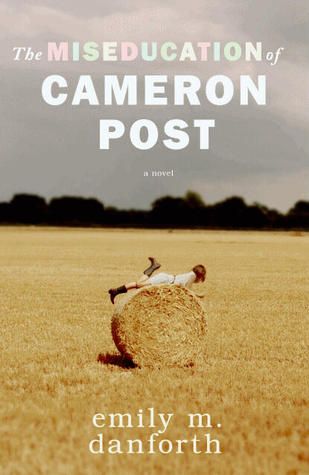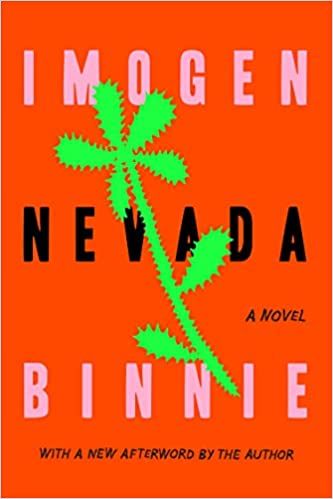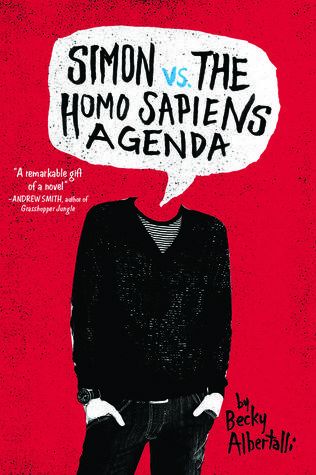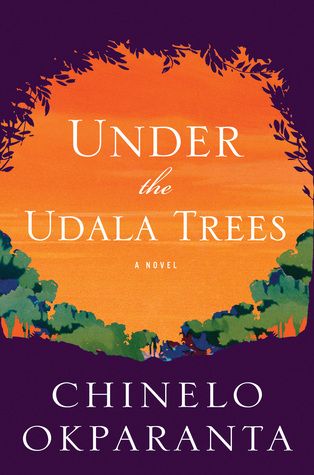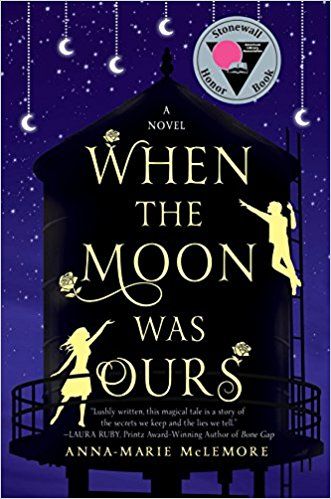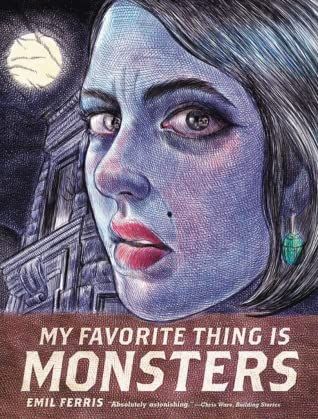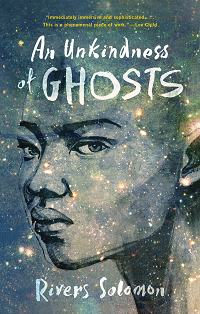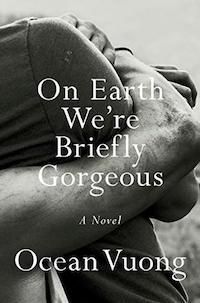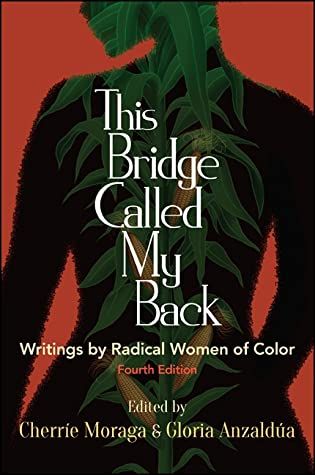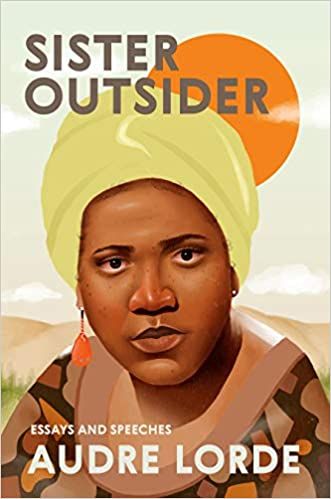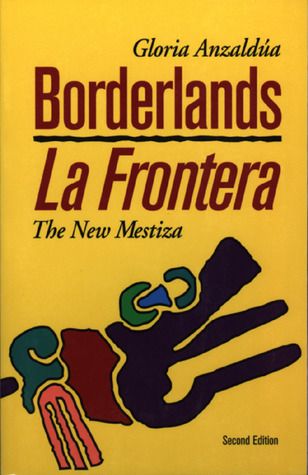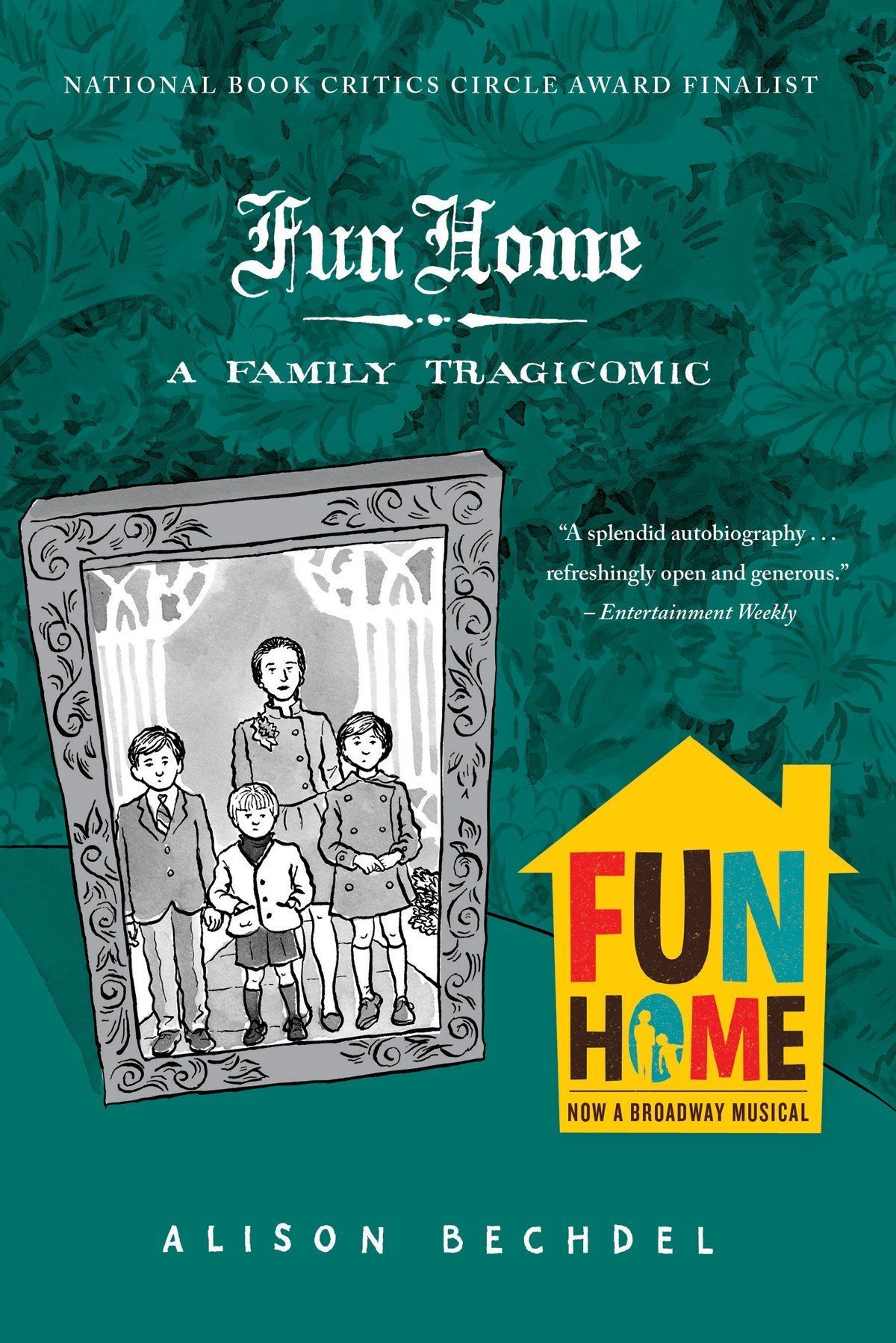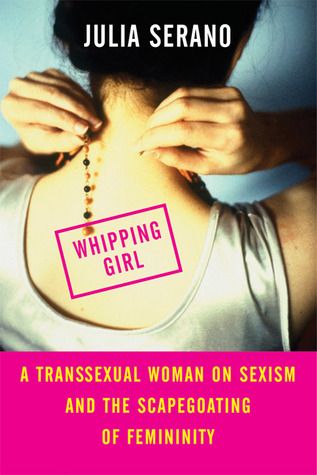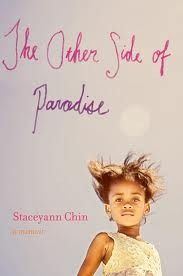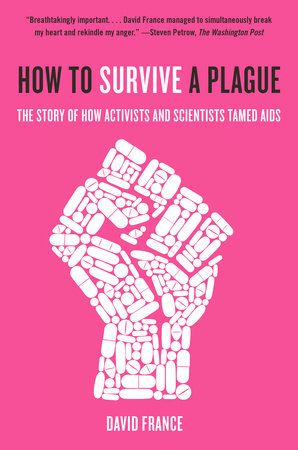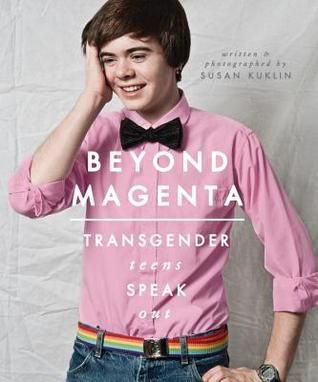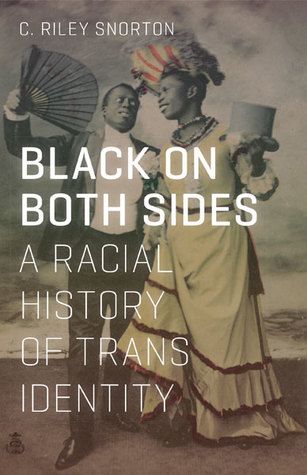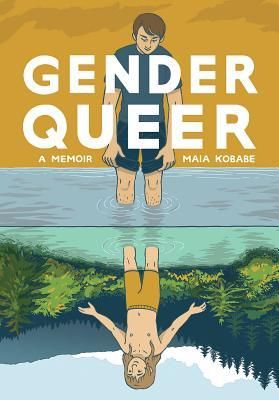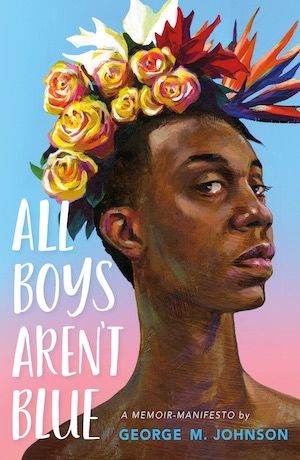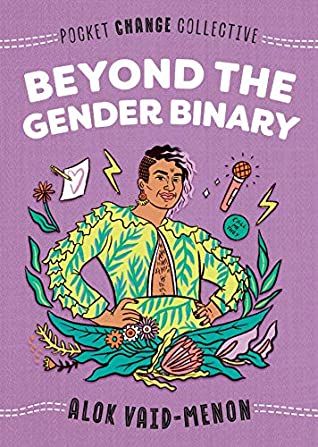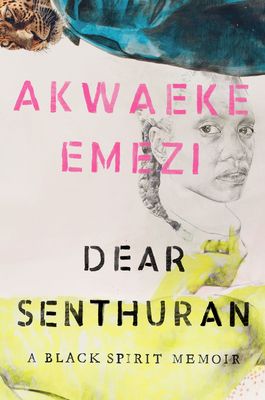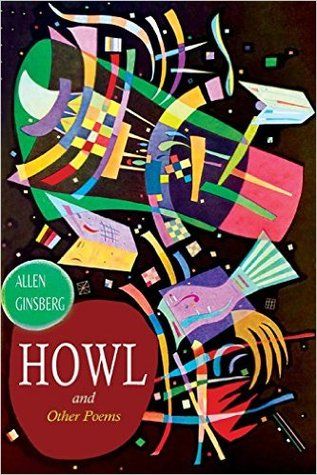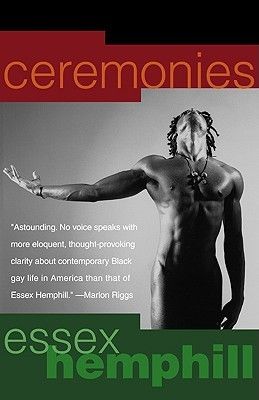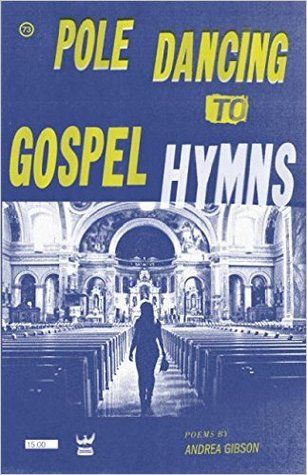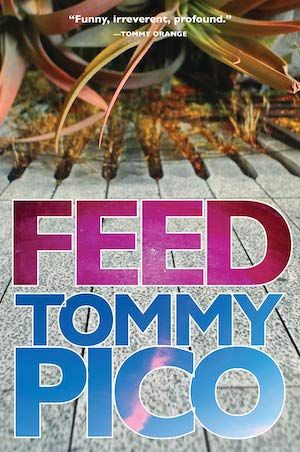From the delicate art form of the semi-autobiographical novel — a life story veiled behind fictional names and twists — to the roar of poetry to a deep dive into the history that has too often been erased and purged, queer literature has helped to challenge, move, and shape generations of readers. As a pansexual, demisexual cis woman on my way into another Pride Month, researching and crafting this list was a singular joy. I have many books to put on hold at my local library. Many stories to encounter. Many histories to educate myself on. Because queer texts help to increase our visibility to the “outside” world, but they also increase internal visibility and acknowledgment. Today, transphobia is rampant among the queer community, and there are still plenty of issues (biphobia, acephobia), histories, and experiences that the best-educated queer person needs to be willing to open themselves up to and learn more about. The joy of queerness is that it is impossible to contain, that it contains multitudes. So challenge yourself this June. If you’ve read the classics, dive into contemporary fantasy or poetry — look into the futures that queer writers are imagining for us. If you’ve read the new stuff, take a peek into the classics, or dare yourself to read a history. If you don’t know enough about asexuality or need to dig deeper into trans-ness and the experience of being gender queer, now is the time. And before we get into it, I should note: this list was not easy to make and not easy to narrow down. If you are determined that I’ve missed something crucial, please tweet at me, and I’m happy to hear about it. The simple truth is that some of the books that were most influential towards my own queer awakening haven’t made this list, simply because a list like this is a gigantic task. I’m blessed that we have enough seminal, crucial queer literature that it was painful to to “only” feature 100 books on this list, and I’m sure each reader will have several books in mind that I was foolish to leave out. Note: I included content warnings where I was able, but things slip through the cracks, and I myself was not able to read every book on this list, particularly in the nonfiction category. As most (all) of these books have some kind of homophobia, I have not noted that warning specifically under each book. Please do additional research if you have specific concerns. For more LGBTQ+ reads, check out Laura Sackton’s list of the 40 best queer books, my list of 20 must-read queer books in translation, or dig into our LGBTQ archives. Content warnings for suicide, anti-Semitism. The work revealed Yoshiya’s own queerness, and the author was open in her androgynous style, fierce independence, and queer personal life. She was open about her personal life and her relationship with life partner Monma Chiyo (in 1957, she adopted Monma as her daughter, because it was the only legal way to ensure that they could share property or make medical decisions for each other). Even as an out lesbian and independent woman at a time when both were rare, her work was very popular — she was one of modern Japan’s most commercially successful authors. Tragically, this book is not available in translation. Content warnings for suicide, alcoholism. Content warnings for use of the g-slur, Orientalism, exoticizing of cultures. Content warnings for anti-Semitism, abortion, medical trauma. Content warning for sexual assault. Content warnings for stalking, suicidal thoughts. Baldwin once said in an interview that the book was “not so much about homosexuality, it is what happens if you are so afraid that you finally cannot love anybody.” Giovanni’s Room brought a complex, emotional treatment of same-sex and bisexual desire to the western literary world — but not without pushback. The two gay lovers of the book were white, which brought some criticism and surprise. And his American publisher even told him that he should burn the book, as the theme of homosexuality would alienate him from his Black audience. Luckily he did publish it nonetheless, and Giovanni’s Room has remained an inspiration for countless queer authors ever since. Content warnings for death, transphobia, sexual assault, suicidal thoughts. The book includes Rechy writing about the Cooper Do-nuts Riot in 1959, which is crucial. At the time, LA law made it illegal for a person’s gender representation not to match the gender shown on their ID. This was often used to target and arrest trans patrons, and many gay bars were hostile to gender-nonconforming people as a result — but Cooper Do-nuts was welcoming. When police officers entered the café in May 1959 and attempted to arrest two drag queens, two male sex workers, and novelist John Rechy, onlookers began throwing things at the officers until they fled. This turned into rioting in the streets and a slate of arrests. The LAPD and news sources did not report or corroborate the incident at the time. In 2020, an attempt was made to recover records from the LAPD, only to discover they had been destroyed at some point, making Rechy’s description in his novel the only original account of the event considered by some to be the first gay uprising in the U.S. Content warnings for drug use, transphobia. Content warnings for suicidal thoughts, misogyny. First published in 1973 by feminist press Daughters, Inc., it became an underground bestseller, selling 70,000 copies despite being almost completely ignored by reviewers. Reissued by Bantam in 1977, it went on to sell over one million copies. The novel was immensely successful, to the point that a cult of personality sprung up around Brown, who had long been active in women’s and queer movements — women even started camping on her doorstep. Content warnings for incest, racial slurs, age gap, anti-Semitism, sexual assault. Content warnings for rape, drug use, violence. Content warnings for fatphobia, drug use, sexual assault. Content warnings for suicide, drug use, pedophilia, child abuse, addiction, racism. Note: Alice Walker has come under fire for promoting anti-Semitic conspiracy theories. She has long been critical of Israel and pro-Palestine, which is one thing — but increasingly in recent years, she has amplified anti-Semitic texts and released anti-Semitic statements and poetry. Content warnings for rape, incest, child abuse, sexual violence, racial slurs, domestic abuse. The novel was the subject of much controversy, particularly when it was removed from the library of Olathe South High School in Kansas — protestors would even go on to burn copies of the book on the steps of the Kansas City School District office. But the ACLU’s lawsuit against the Olathe school district in 1994 would go on to federal court, where the judge ruled that its removal was unconstitutional and violated students’ First Amendment Rights. It’s a crucial ruling that shows just how rebellious Garden’s book really was. Content warnings for outing, religious bigotry. Content warnings for religious bigotry, child abuse. Content warnings for rape, body horror, suicide, racism, racial slurs, drug use. Content warnings for graphic child abuse (sexual, physical), sexual assault, alcoholism, racial slurs, animal death. Leslie Feinberg (she/zie and her/hir) would go on to advance a Marxist concept of transgender liberation, and impact popular culture, academic research, and political organizing. Before hir death (due to complications from multiple tick-borne co-infections including Lyme disease), zie insisted that the 20th anniversary edition of hir novel be free online to the public. You can access it here. Content warnings for rape, suicide, anti-Semitism, racism, transphobia. At the time that Notes was published, there was a media frenzy around lesbians, which included a rise in surveillance and journalists trying to “catch out” lesbians, the pressure of which resulted in many deaths by suicide. Author Qiu Miaojin has become a countercultural queer icon in Taiwan after she died from suicide at 26 — the main character’s name, Lazi, is even the source of a Chinese slang term for “lesbian.” She’s considered a martyr in the fight for gay rights in Taiwan. Content warnings for violence, abuse, suicidal thoughts and actions, self-harm. Content warnings for alcoholism, addiction, religious bigotry, sexual assault. Content warnings for child abuse, genocide, emotional abuse, fatphobia, sexual assault, violence. Content warnings for emotional and physical abuse, racism, suicidal thoughts. Content warnings for violence, internalized homophobia, sudden death. Content warnings for drug use, childhood trauma, child abuse, alcoholism. Content warnings for child abuse, domestic abuse, biphobia, alcoholism. Content warnings for deadnaming, transphobia, religious bigotry. Content warnings for drug use, self-harm, death. Content warnings for adult/minor relationship, sexual assault. Content warnings for child abuse, animal death, confinement. Content warnings for rape, violence. Content warnings for drug use, self-harm, religious bigotry, conversion therapy, forced institutionalization, outing, suicide attempt. The novel has won a long list of awards, including a Stonewall Book Award, and was a huge hit for queer teen readers. Sáenz himself came to terms with his sexuality through writing this book, coming out at 54. It’s a book that has inspired many young queer teens, particularly teens of color, to stop being afraid of who they are. Content warnings for violence, transphobia, intergenerational trauma, mental illness. Content warnings for transphobia, drug use, addiction, deadnaming, suicidal thoughts. The book was originally titled after the protagonist’s dead name, but in 2021, Gino began changing the title to Melissa’s Story when signing books for fans, apologizing to the character and trans community for not speaking up to Scholastic when it was first published. This led to Scholastic officially changing the title to Melissa as of April 2022. The author encourages owners of old copies to use printable/request-able stickers or a good old Sharpie to fix the title. Content warnings for deadnaming, transphobia. Content warnings for forced outing. Content warnings for animal death, violence. Content warnings for rape, sexual assault, violence, domestic abuse, miscarriage, religious bigotry. Content warnings for rape and sexual assault, incest, domestic abuse, child abuse. Content warnings for transphobia, deadnaming, death. Content warnings for transphobia, deadnaming, violence, child abuse, suicide attempt. Content warnings for drug use, body shaming, death. Content warnings for suicide. Content warnings for pedophilia, racism, sexual assault, child abuse. Ramona is enchanting and funny, but most of all it is crucial for its embracing of questioning representation. The original synopsis of the book was misleading, and made it sound like the book would portray the trope of “the right guy turning a lesbian straight.” The publishers did eventually edit the description. While that was an issue, a hefty bucket of biphobia has remained part of the controversy. Many argued that the book featured lesbian erasure, while others countered that bisexual, pansexual, and questioning identities are all acceptable ways to be queer. Ramona isn’t quite sure what label applies to her, and that’s okay. Sexuality is a fluid thing. This YA novel is valuable for featuring a queer person who is still trying to find the right label for herself, and who struggles through a crisis of identity in doing so. Content warnings for alcoholism, biphobia, anxiety and panic attacks, racism. Content warnings for racism, violence, sexual assault and rape, police brutality, child death, torture, suicide, ableism. Content warnings for racism, body shaming, fatphobia, violence, terminal illness. Content warnings for drug abuse, addiction/alcoholism, domestic abuse, death. Content warnings for deadnaming, violence, sex work. Content warnings for outing, racism, bullying, Islamophobia, cultural appropriation. Content warnings for transphobia, outing, domestic violence, and discussion of suicide and miscarriage. Content warnings for biphobia, xenophobia, racism, misogyny. Content warnings for abortion, racism, suicide, sexual assault and rape, alcoholism, child abuse. Content warnings for racism, misogyny, sexual assault and rape, racial slurs. Content warnings for misogyny, racism, classism. Shilts had been covering the queer community for years when he started the book, covering the trial of Harvey Milk’s assassin and writing a biography of Milk in 1982. His early work accusing gay leaders in San Francisco of “hiding” the epidemic and not doing enough, as well as his argument that they should close the city’s bathhouses, made many people angry. Shilts’s Patient Zero argument in the book was also later debunked. But this book overall made many, many readers aware for the first time of the trauma, unfounded bias, and neglect that made the AIDS crisis as devastating as it was. Shilts was tested for HIV while writing the book but insisted his doctor wait to tell him the results until he completed it. He didn’t want the results to affect his journalistic work. He died of complications from AIDS in 1994. Content warnings for racism, racial slurs, rape and sexual violence, violence, genocide. Content warnings for terminal illness, death, medical bias. Content warnings for body shaming, misogyny, deadnaming, transphobia, addiction. Content warnings for ableism, adult/minor relationship, medical trauma. Fun Home has been much-challenged. More than one group has claimed that is “pornographic,” and several school boards and parent groups have tried to have it removed from curriculums and school libraries. Nevertheless, it continues to establish itself as one of the new classics of gay literature. In 2007, it won the GLAAD Media Award for Outstanding Comic Book, the Stonewall Book Award for nonfiction, the Publishing Triangle-Judy Grahn Nonfiction Award, and others, and many publications named it the best book of the year or of the decade. The Guardian would later include it in its list of the 100 best books of the 21st century. It was also developed into a musical that was a finalist for the 2014 Pulitzer Prize of Drama and won the Tony Award for Best Musical in 2015. Content warnings for suicide, death, adult/minor relationship. Content warnings for ableism. Content warnings for misogyny, transphobia, biphobia, deadnaming, sexual assault, violence. Content warnings for deadnaming, violence, racial slurs, racism, transphobia, biphobia, genocide, misogyny. Content warnings for child neglect, sexual assault, racism, violence. You may also know her through her work on Pose, the groundbreaking show that follows the lives of trans women and the queer community in the New York ballroom scene in the late 1980s. Mock is a writer and producer on the show. Her deal with Netflix in 2019 that gave them exclusive rights to her TV series and a first-look option on feature film projects made her the first openly trans woman of color to secure such a deal with a major content company. Content warnings for transphobia, sexual assault, child abuse, gun violence, addiction, racism, racial slurs. Content warnings for terminal illness, death, ableism, medical trauma and bias, confinement, suicide. Readers do have some concerns with the book — gender roles are presented in a traditional binary, and people were puzzled as to why the protagonist is drawn much paler than Jazz’s real-life tone. But the book is a powerful one, and Jazz Jennings is an important figure in the fight for rights for trans children. I Am Jazz has been often challenged and banned, and just recently, the book was removed from some Florida classrooms after the “Don’t Say Gay” bill passed. Content warnings for deadnaming, transphobia. Content warnings for deadnaming, transphobia, child abuse, suicide attempt. Content warnings for anti-Indigenous sentiment and cultural violence. The work also chronicles the birth of his creation, The NAMES Project AIDS Memorial Quilt, the largest community art project in history. On its first display in 1987, the quilt was the size of a football field — on its display in 1996, it covered the entire National Mall in Washington, DC. The quilt continues to grow but is too big to be displayed in its entirety. As of November 2019, the National AIDS Memorial is the permanent caretaker of the quilt, and it can now be seen online. Content warnings for terminal illness, suicide, suicidal thoughts, addiction, police brutality, violence. Content warnings for racism, transphobia, medical trauma, suicide. Content warnings for Islamophobia, sexual assault, suicidal thoughts and attempt, racism, child abuse. Content warnings for police brutality, violence, drug use, sexual assault, racial slurs, death, transphobia. Content warnings for domestic, emotional, and physical abuse, gaslighting, sexual assault. Content warnings for gender dysphoria, medical trauma. Content warnings for acephobia, ableism, rape and sexual assault, racism, transphobia, violence. The book deals with issues of homophobia, consent, sexual assault, and agency. It has been removed from school libraries in several states, and Johnson is working to get free copies into resource centers and Little Free Libraries across the country. The nonbinary writer was included in The Root‘s 100 Most Influential African Americans in 2020. Gabrielle Union reportedly is working to develop the book into a series. Content warnings for sexual assault, statutory rape, death, racism, deadnaming, transphobia. Content warnings for racism, death. Content warnings for transphobia, body shaming, misogyny, suicide, racism, sexual violence. Content warnings for suicide, terminal illness, transphobia, violence, rape, addiction, substance abuse. Content warnings for suicidal thoughts and attempt, suicide, transphobia, medical trauma, sexual assault. This verdict set a precedent allowing for several other previously censored works to be published. It was a launching point for the Beat poets, but was also crucial for establishing the idea that a homosexual work could not be banned on grounds of obscenity if it had redeeming social importance and did not have a “substantial tendency to deprave or corrupt its readers.” Content warning for racial slurs, drug use, death, alcoholism, addiction. Controversially, in 2005, Directed by Desire won in the category “Lesbian Poetry” at the Lambda Literary Awards, despite Jordan identifying as bisexual. This led to a campaign led by BiNet USA that eventually succeeded in establishing a Bisexual category. Content warnings for rape, self-harm, suicidal thoughts, child death. Content warnings for racial slurs, sexual violence, violence. This superb collection of poems is about Black boyhood, the threat of police, queer sexuality, the reality of living with HIV, and so much more. Smith is a rising cultural icon, genderqueer, nonbinary, HIV-positive, a funny, tender voice, and if you ever get the chance to hear them read their poetry live, you absolutely must. At age 29, Smith was the youngest recipient of the Forward Prize for best poetry collection. They are a founding member of the multigenre multicultural Dark Noise Collective, which also includes Fatimah Asghar, Franny Choi, Nate Marshall, Aaron Samuels, and Jamila Woods. Danez Smith is one of the poets of our times. Listen up. Content warnings for racism, racial slurs, police brutality, gun violence, child death, fatphobia. Content warnings for addiction, alcoholism, death, suicide. Content warnings for disordered eating. Content warnings for police brutality, racism, rape, mass/school shooting, domestic abuse.
